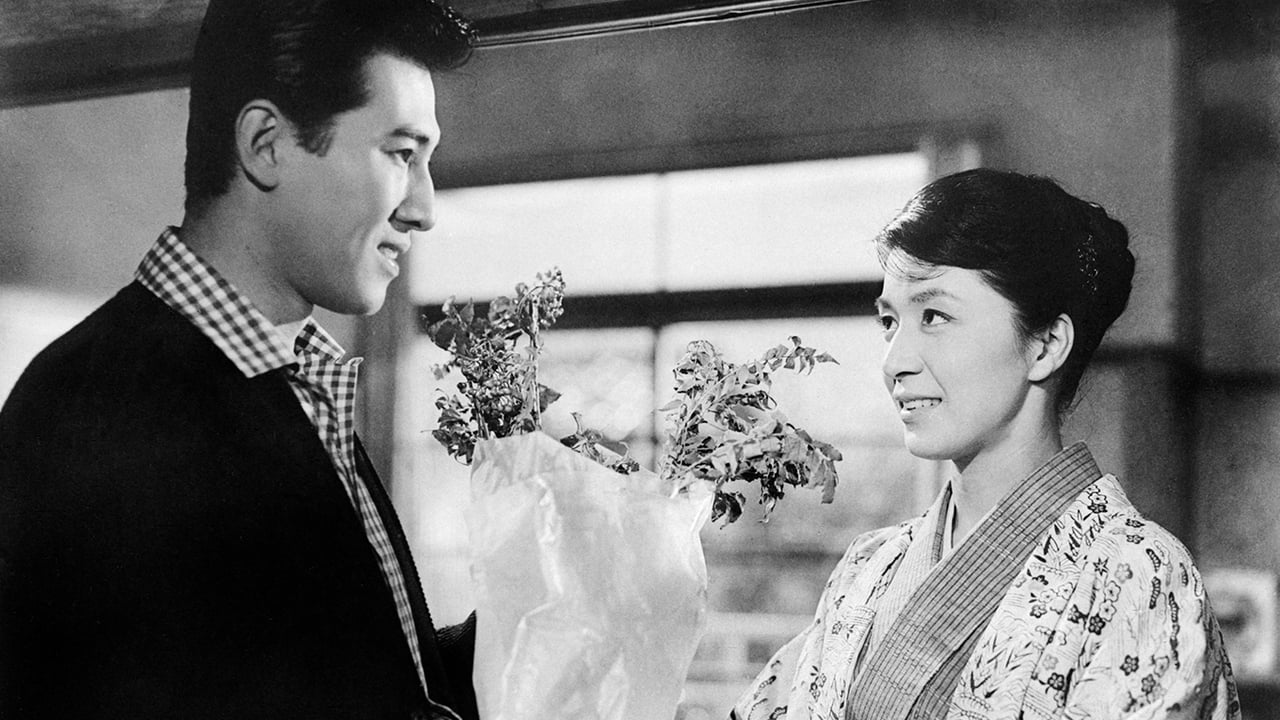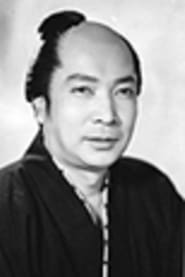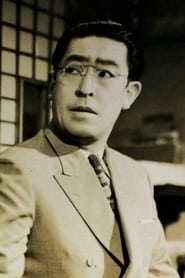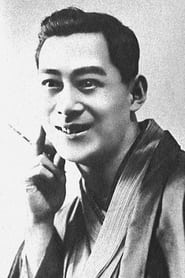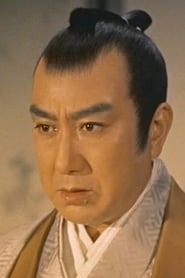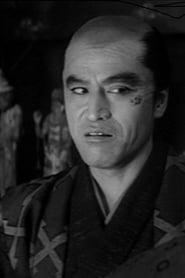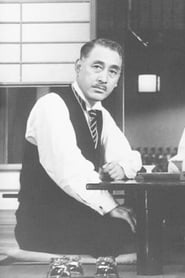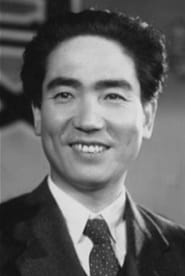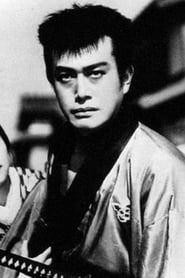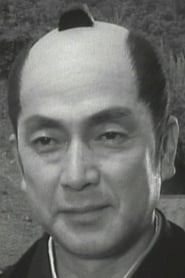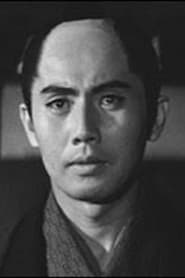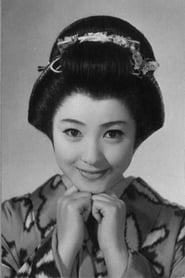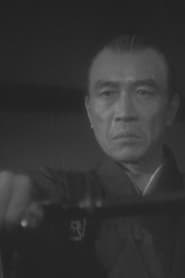The best Ryōsuke Kagawa’s movies
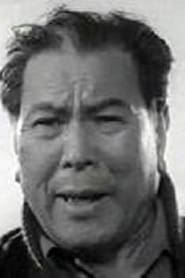
Today we present the best Ryōsuke Kagawa’s movies. If you are a great movie fan, you will surely know most of them, but we hope to discover a movie that you have not yet seen … and that you love! Let’s go there with the best Ryōsuke Kagawa’s movies.
Sansho the Bailiff
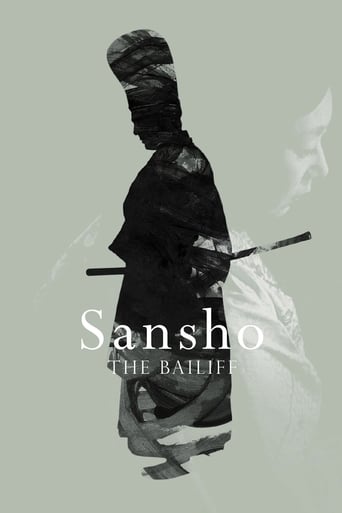
8.4/10
In medieval Japan a compassionate governor is sent into exile. His wife and children try to join him, but are separated, and the children grow up amid suffering and oppression.
Ugetsu
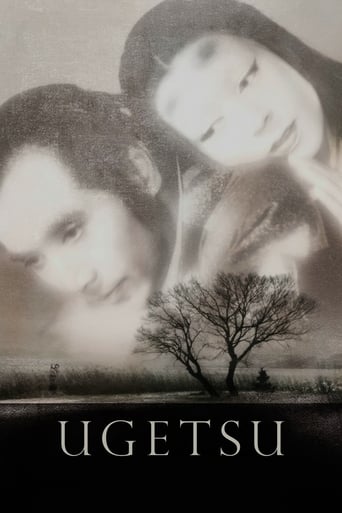
8.2/10
In 16th century Japan, peasants Genjuro and Tobei sell their earthenware pots to a group of soldiers in a nearby village, in defiance of a local sage's warning against seeking to profit from warfare. Genjuro's pursuit of both riches and the mysterious Lady Wakasa, as well as Tobei's desire to become a samurai, run the risk of destroying both themselves and their wives, Miyagi and Ohama.
The Sword of Doom
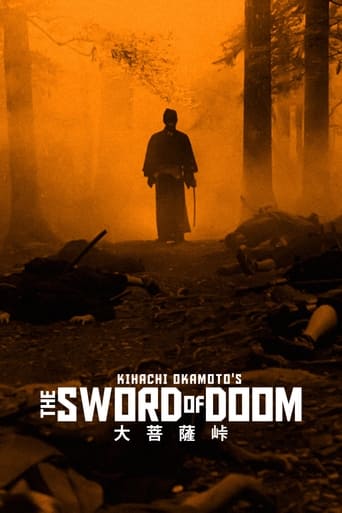
7.9/10
Ryunosuke, a gifted swordsman plying his trade during the turbulent final days of Shogunate rule, has no moral code and kills without remorse. It’s a way of life that leads to madness.
Japan's Longest Day
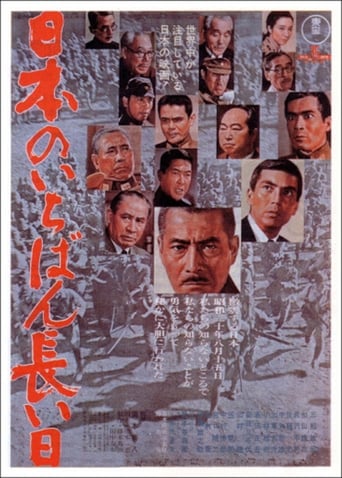
7.7/10
Following the detonation of the atomic bombs on Hiroshima and Nagasaki, the Japanese military and the government clash over the demand from the Allies for unconditional surrender. Minister of the Army Anami leads the military officers who propose to fight on, even to the death of every Japanese citizen. Emperor Hirohito, however, joins with his ministers in asking the unthinkable, the peaceful surrender of Japan. When the military plots a coup to overthrow the Emperor's civilian government, Anami must face the choice between his desires and loyalty to his Emperor.
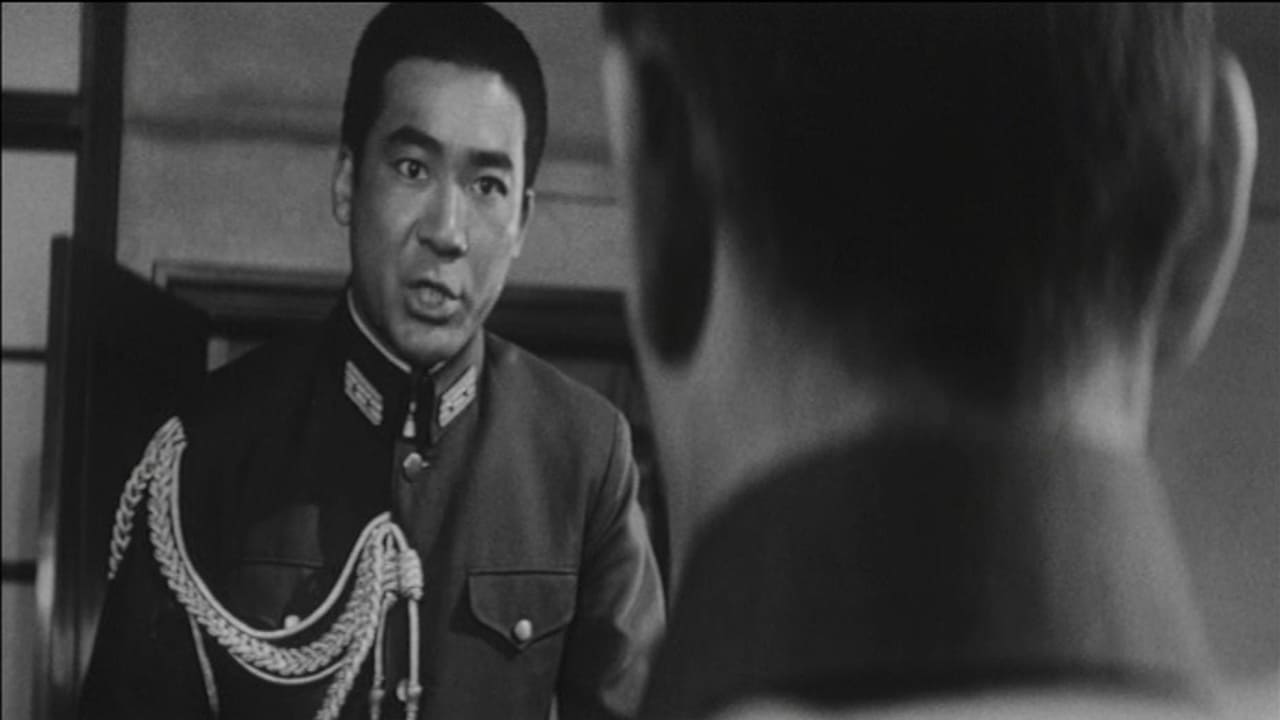
The Funeral
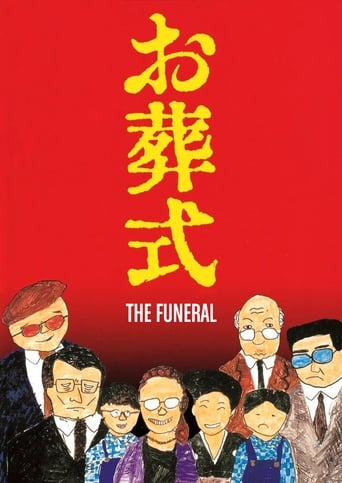
7.2/10
At the beginning of the film the father-in-law of the protagonist dies unexpectedly of a heart attack. The remainder of the film is episodic, moving from one incident to another over the course of the three-day funeral, which is held (as is customary) in the home. These incidents contrast old ways and new ways, young and old, ritual ceremony and true feelings, often comically, but sometimes with real poignancy.
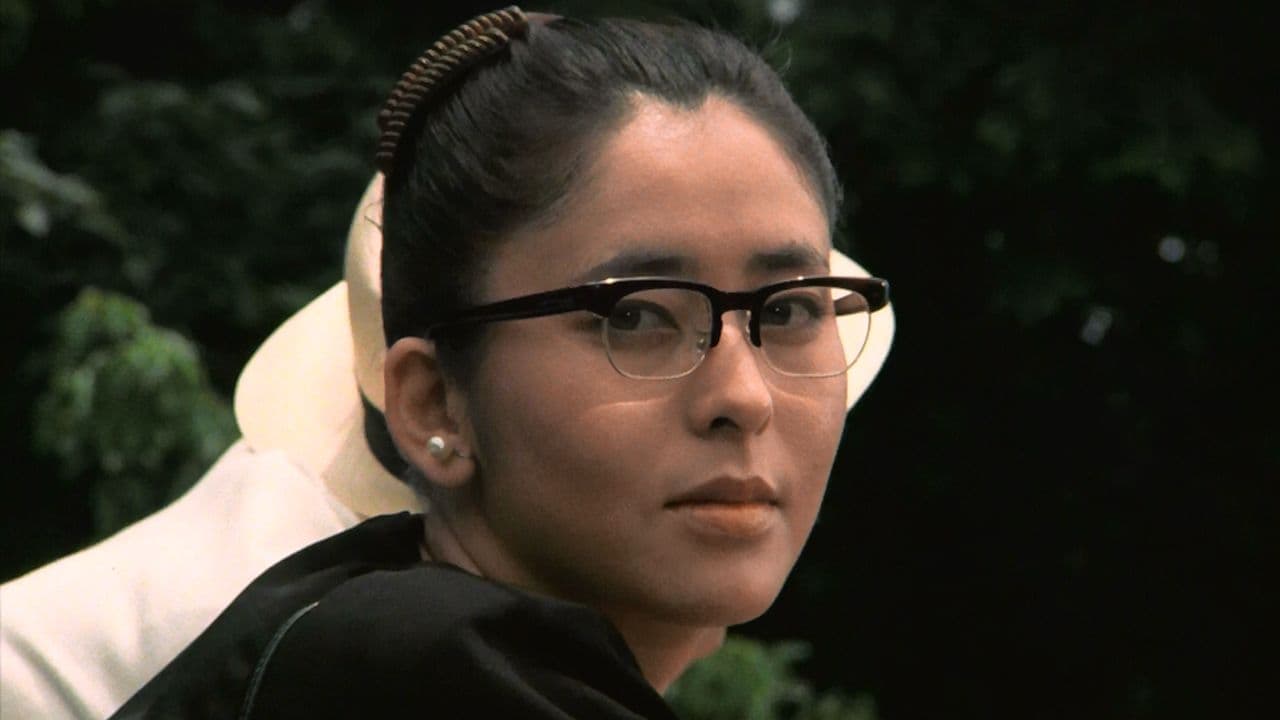
Gate of Hell
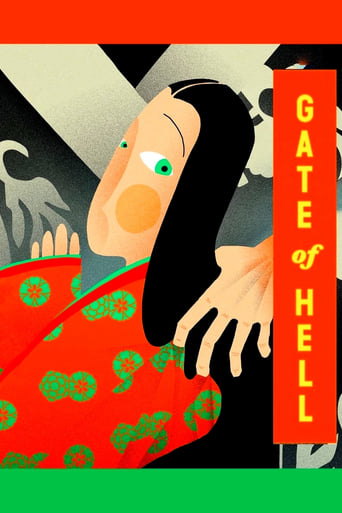
7.1/10
Japan, 1159. Moritō, a brave samurai, performs a heroic act by rescuing the lovely Kesa during a violent uprising. Moritō falls in love with her, but becomes distraught when he finds out that she is married.
47 Ronin
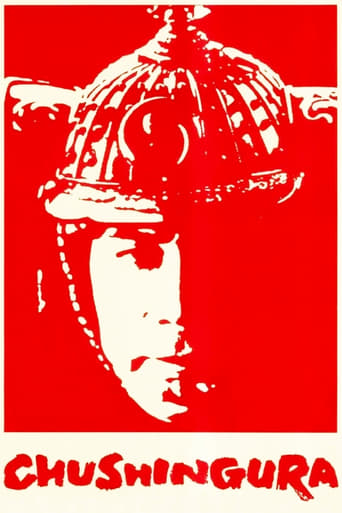
7.6/10
The story tells of a group of samurai who were left leaderless (becoming ronin) after their daimyo (feudal lord) was forced to commit seppuku (ritual suicide) for assaulting a court official named Kira Yoshinaka, whose title was Kōzuke no suke. The ronin avenged their master's honor after patiently waiting and planning for over a year to kill Kira. In turn, the ronin were themselves forced to commit seppuku for committing the crime of murder.
Kill!
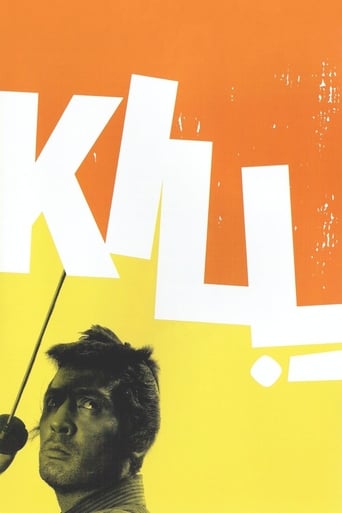
7.4/10
A pair of down-on-their-luck swordsmen arrive in a dusty, windblown town, where they become involved in a local clan dispute. One, previously a farmer, longs to become a noble samurai. The other, a former samurai haunted by his past, prefers living anonymously with gangsters. But when both men discover the wrongdoings of the nefarious clan leader, they side with a band of rebels who are under siege at a remote mountain cabin.
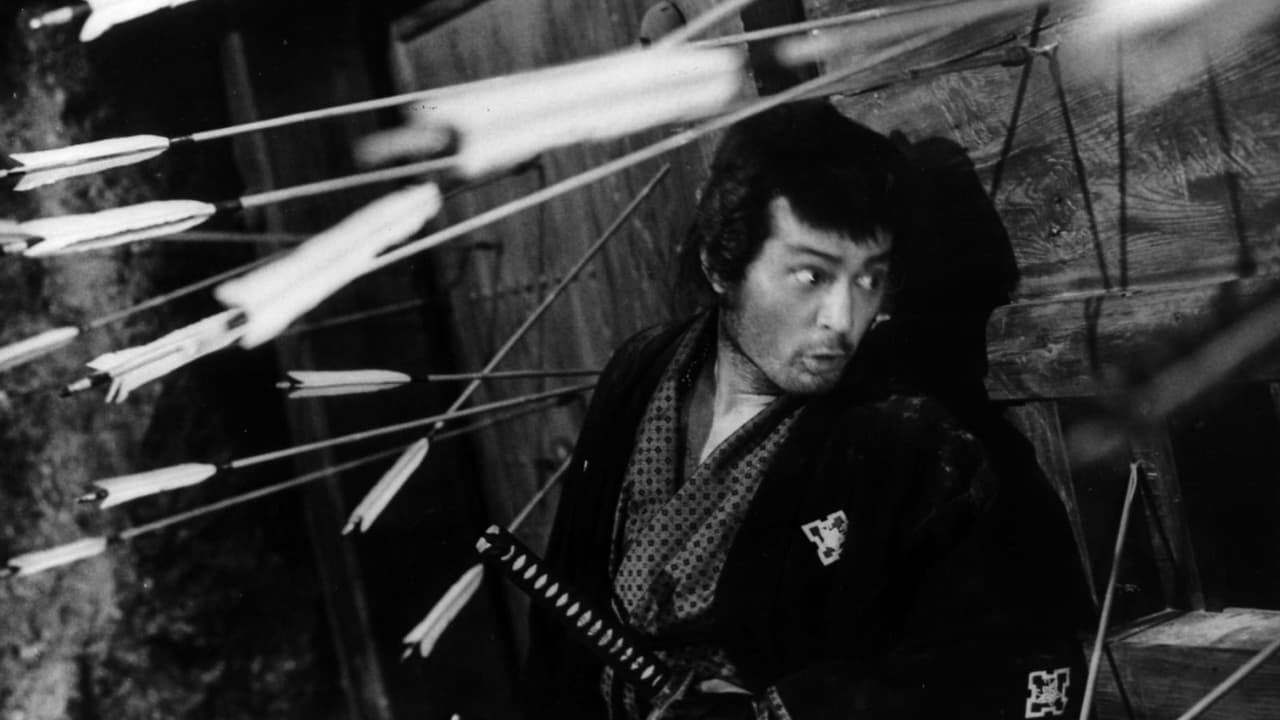
The Thirteen Assassins
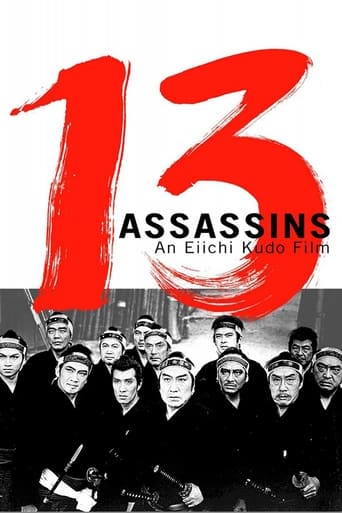
7.4/10
A sadistic Daimyo (feudal lord) rapes a woman and murders both her and her husband, but even when one of his own vassals commits suicide to bring attention to the crime, the matter is quickly hushed up. Not only will there be no punishment, but because the Daimyo is the Shogun's younger brother, he will soon be appointed to a high political position from which he could wreak even more havoc. Convinced that the fate of the Shogunate hangs in the balance, a plot is hatched to assassinate the Daimyo. The two most brilliant strategic minds of their generation find themselves pitted against each other; one is tasked to defend a man he despises, and has a small army at his disposal. The other is given a suicide mission, and has 12 brave men. They are the 13 Assassins.
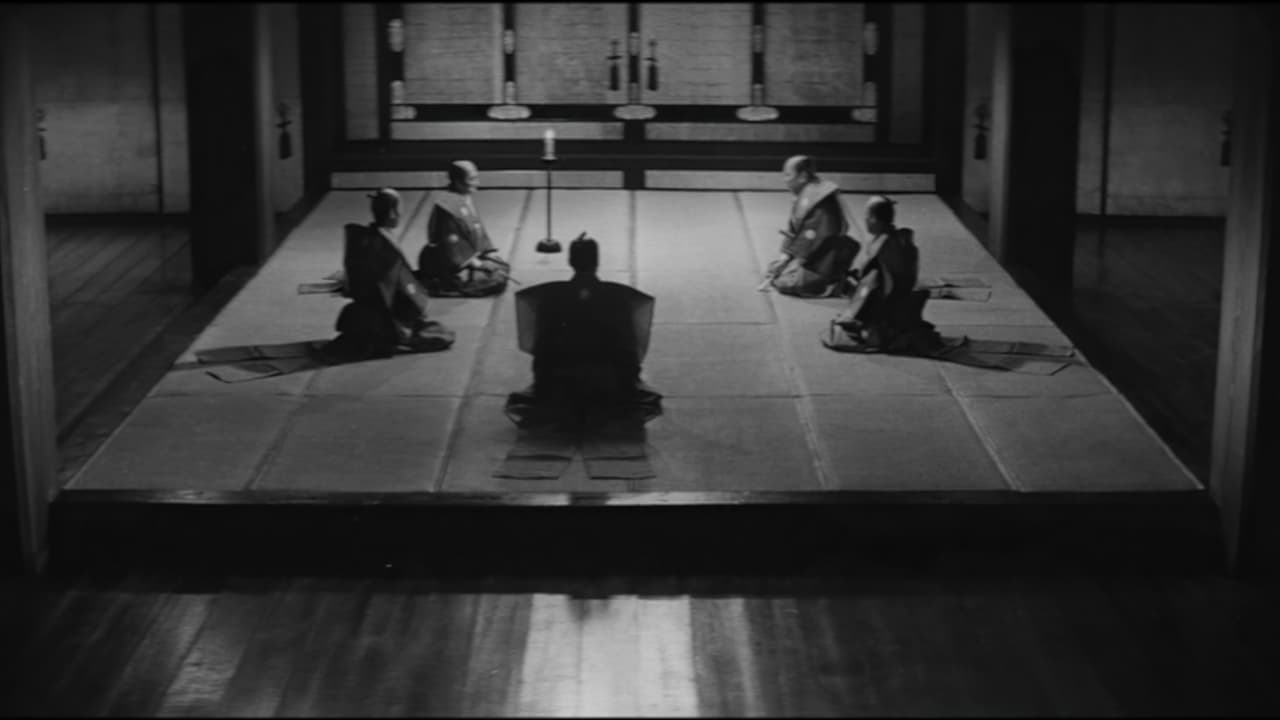
Zatoichi's Flashing Sword
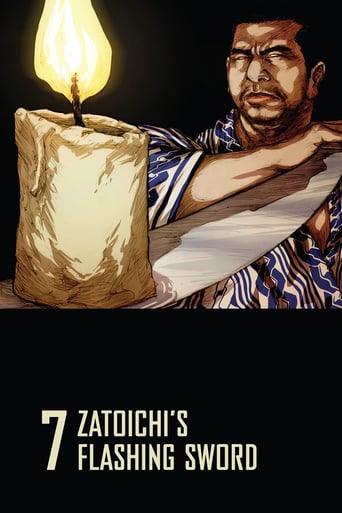
7.2/10
Blind masseur Zatoichi is nursed back to health by a young woman after he is shot by a gang member. Zatoichi, who had come to the village to repay a debt, now feels further indebted. He commits himself to use his amazing sword skills to help the young woman's father, whose river-crossing service is under attack by the same gang responsible for Zatoichi's wounds.
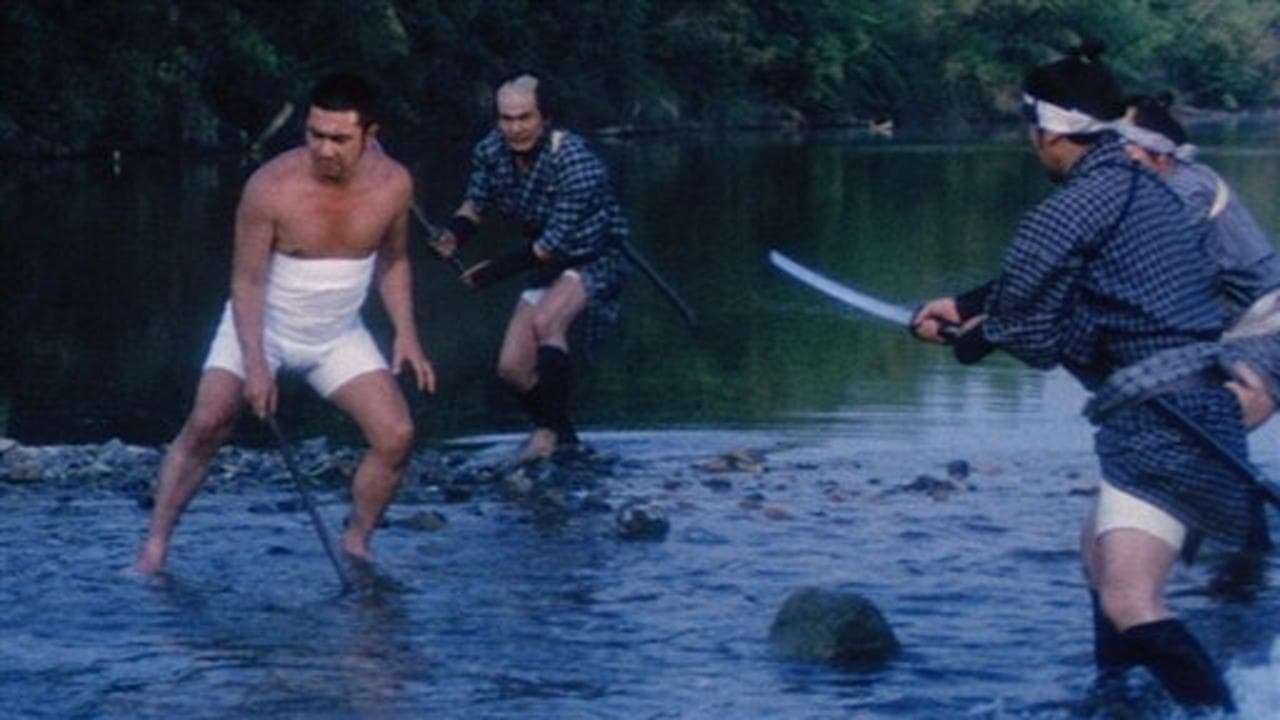
Blood Spilled at Takadanobaba
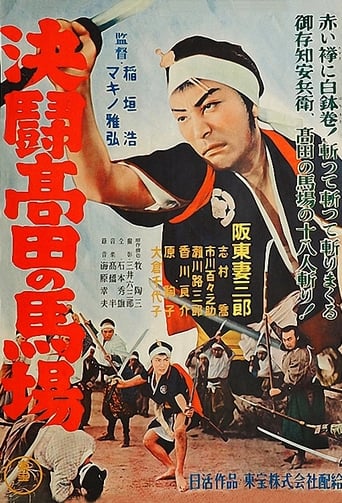
7.1/10
The tale of Nakayama Yasubei’s duel is famous, even if he in reality probably did not cut down 18 opponents. The story has been related in film, rakugo, kodan and on stage many times, in part because Nakayama later joined the famous 47 Ronin (Chushingura) as Horibe Yasubei. But Makino and Inagaki’s version gives no hint of this more serious future, playing up the thrills and the comedy with Bando’s bravura performance. The multiple pans of Yasubei running to the duel are an exemplar of the experimental flourishes of 1930s Japanese cinema and the final duel, performed virtually like a dance number, is a marker of Makino’s love of rhythm and one of the best sword fights in Japanese film history. The film was originally released under the title Chikemuri Takadanoba (Bloody Takadanobaba) with a length of 57 minutes, but suffered some cuts and a title change when it was re-released in 1952.
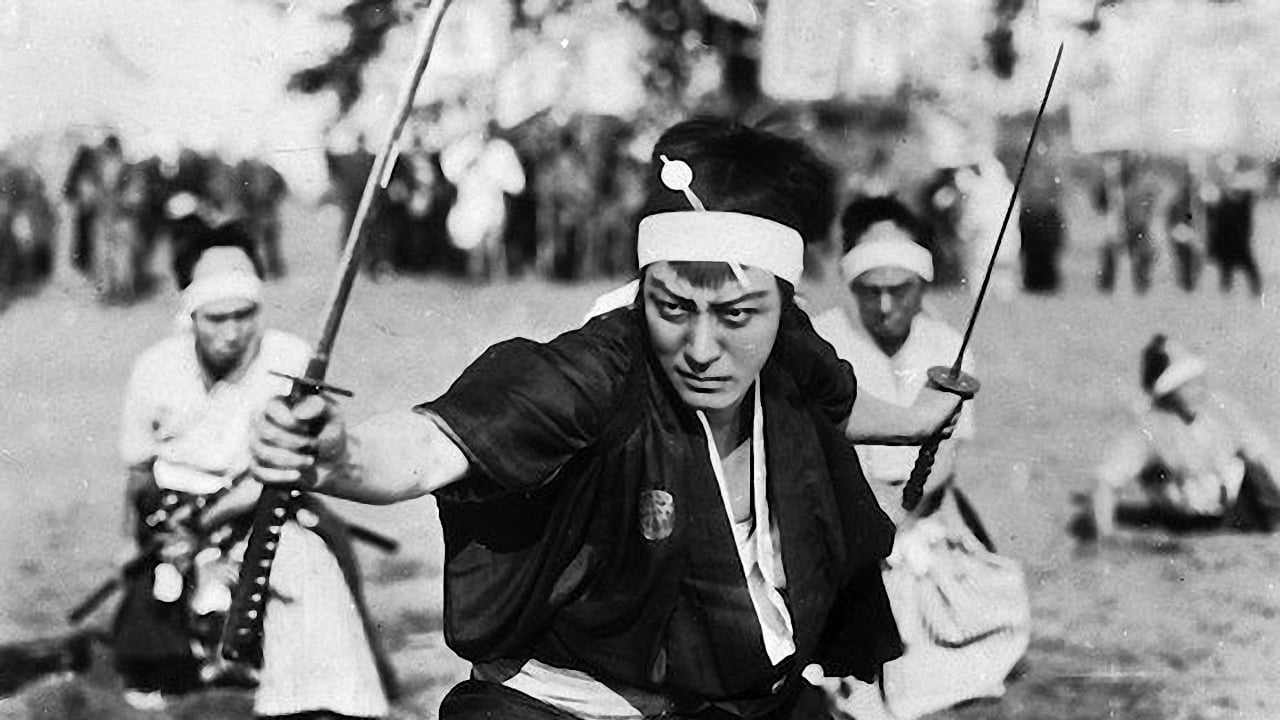
Taira Clan Saga
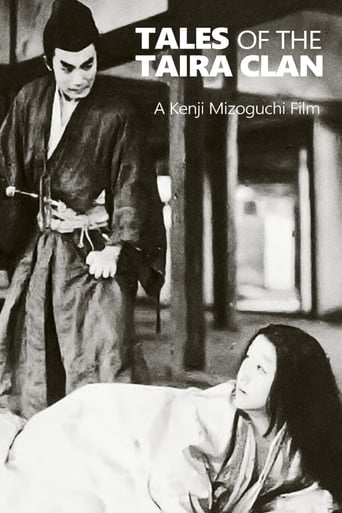
7.3/10
Special Forces commander Captain Tadamori returns to Kyoto after successfully defeating the uprising of pirates in the western sea of Japan. But because the high courtiers dislike career soldiers gaining power and influence, they ignore the will of ex-Emperor Toba and refuse to reward the captain. Reward recommender Lord Tokinobu is punished, and the captain sends his son Kiyomori to the Lord's residence, where he falls in love with Tokiko, the Lord's daughter. Meanwhile, Kiyomori finds out that he is possibly the ex-Emperor's son... Written by L.H. Wong
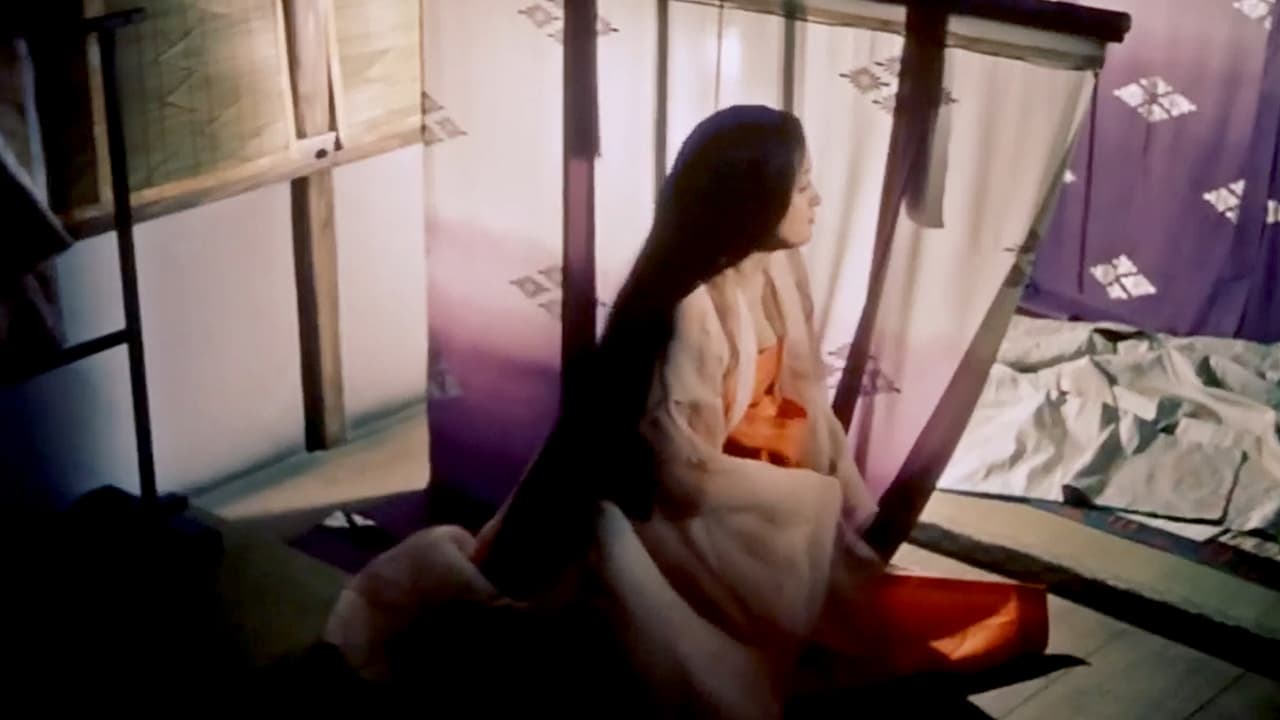
Conflagration
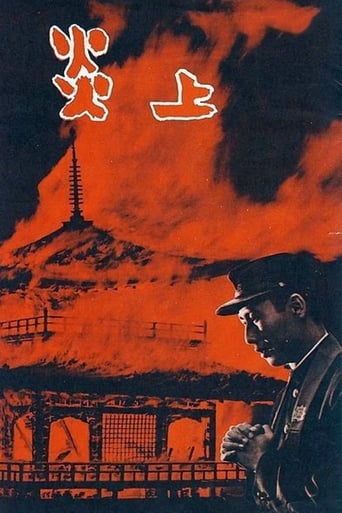
7.1/10
Learning of his family's collapse, acolyte Goichi, sent to study silently at the Temple of the Golden Pavilion, must endure acute psychological distress.
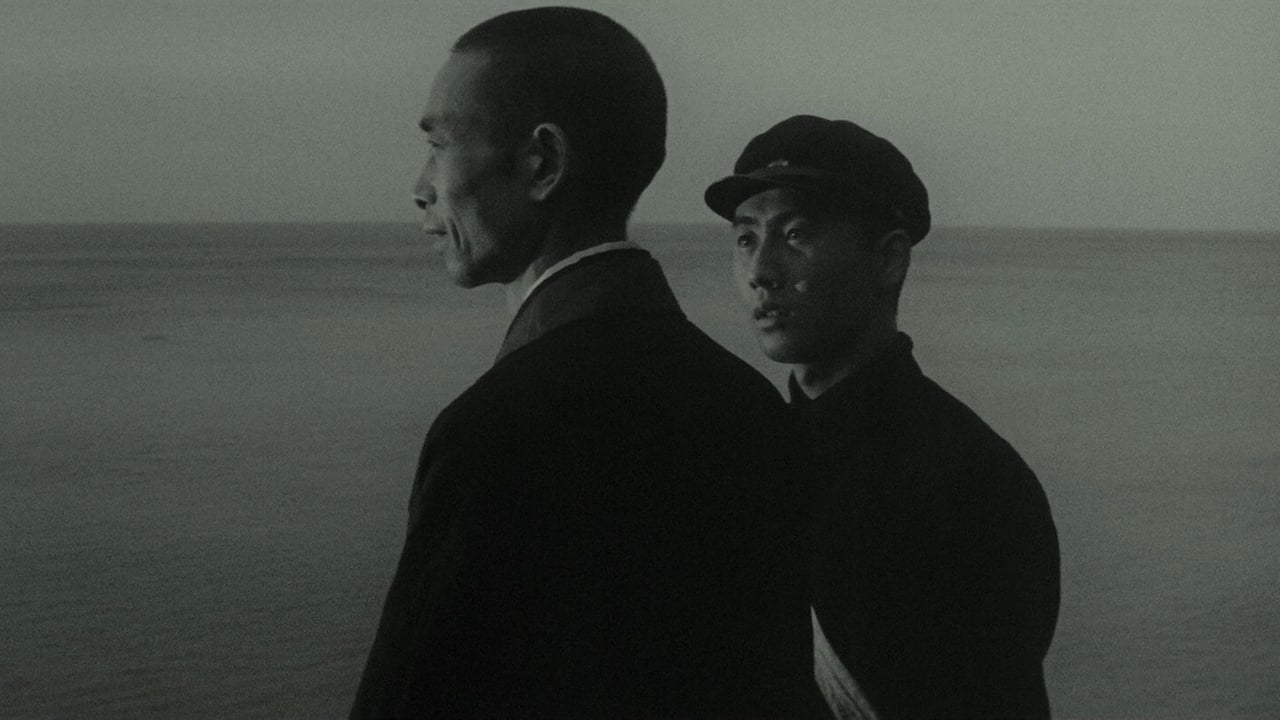
Young Swordsman
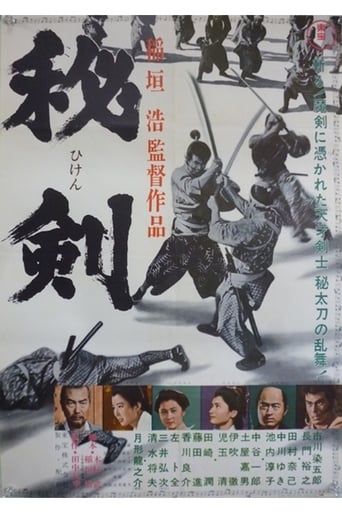
7.6/10
This Japanese action-adventure is set in the 17th century when all forms of swordplay were banned. One fighter, an excellent swordsman believes the law is unfair. His brother keeps his opinions about the law to himself. The swordsman vents his frustration by cutting off the thumbs of an enemy. The fighter is then banished. To live, he becomes a thief. To restore the family's lost honor, the other brother is forced to challenge the fighter to a duel.
Miyamoto Musashi: Birth of Two Sword Style
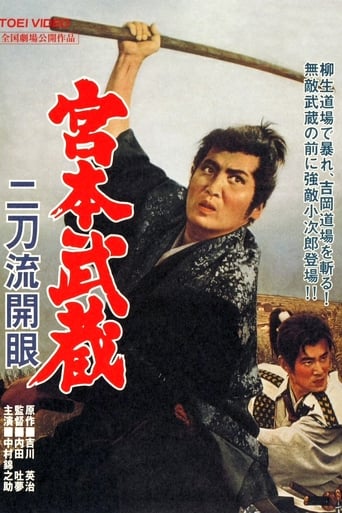
6.8/10
In the third installment of Yoshikawa's novel Musashi, things continue from the 2nd film at the end of battle, where Miyamoto continues on a mission of learning; with the introduction of his arch-rival Sasaki Kojiro; and lastly the large cast of characters rendezvouses for a fateful finale.
Samurai from Nowhere
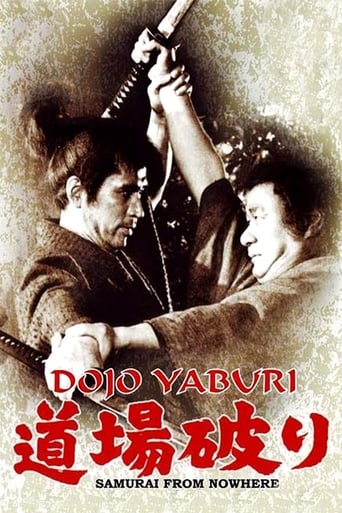
7.2/10
Misawa Ihei (Nagato) is traveling with his wife Tae (Iwashita Shima) who abhors the practice of sword fighting for prize money. Tae is the daughter of the clan's chief counselor who married the low-ranking Ihei to avoid becoming the clan lord's mistress. Into the mix comes Oba Gunjuro (Tetsurō Tamba), a mysterious ronin who will do anything for money. This leads to a fitting climax as the forces of hate and love converge while the couple attempt to break through the border!
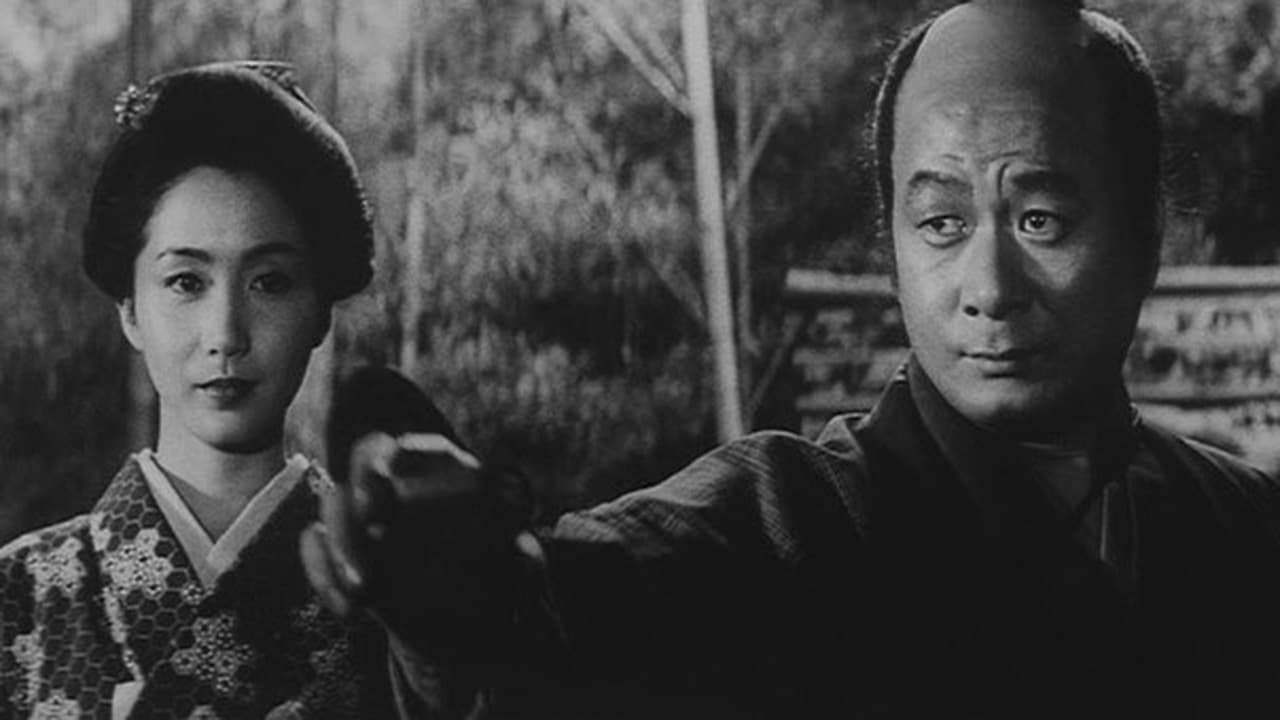
Nichiren and the Great Mongol Invasion
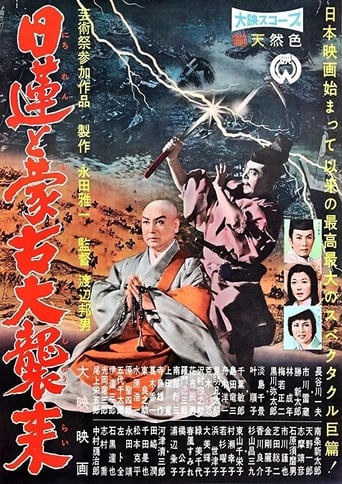
6.6/10
During the 1200's, legendary Buddhist monk Nichiren returns from his studies to lead Japan out of moral crisis and prepare to fight Mongol invaders by creating a new form of Buddhism. He runs afoul of the existing Buddhist sects and their government supporters and is persecuted. Can Nichiren persevere before the Mogol fleet reaches Japanese shores?
Shinsengumi Chronicles
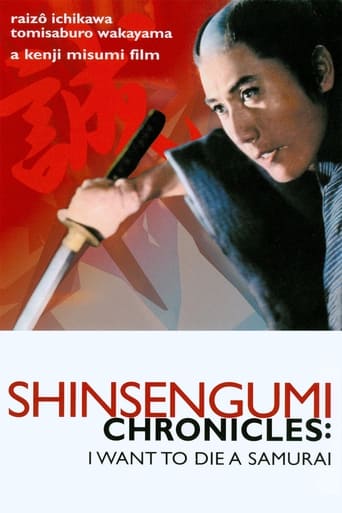
6.7/10
As winds of change sweep Japan, an honest man joins the Shinsenhumi out of admiration for its leader and because he wants to live and die as a samurai. However, as his involvement grows, reality and idealism come into deadly conflict.
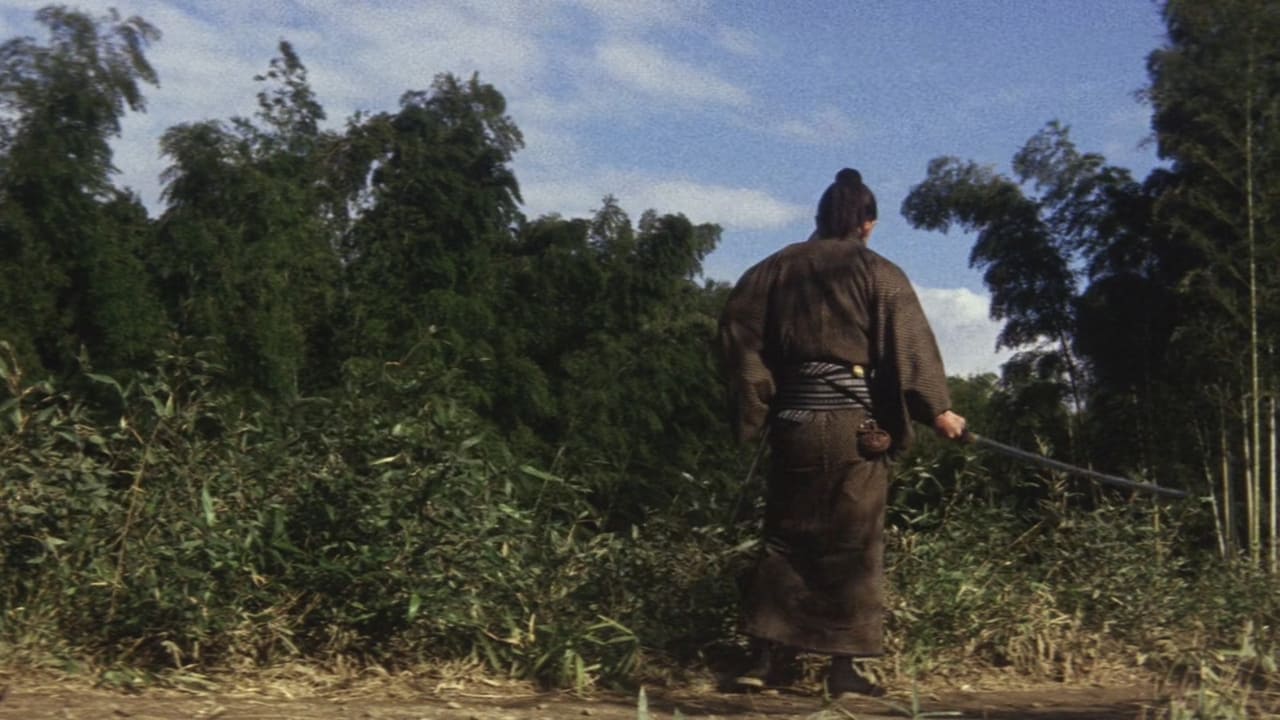
Secrets of Fuji 2
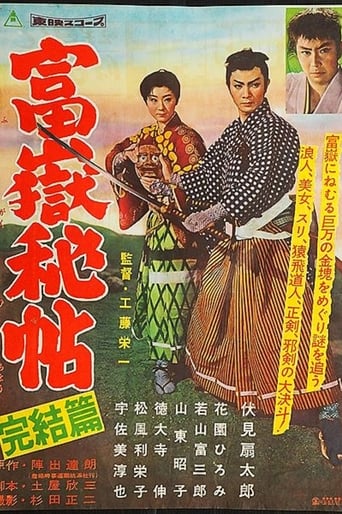
Early film directed by Eiichi Kudô.
The Wiser Age
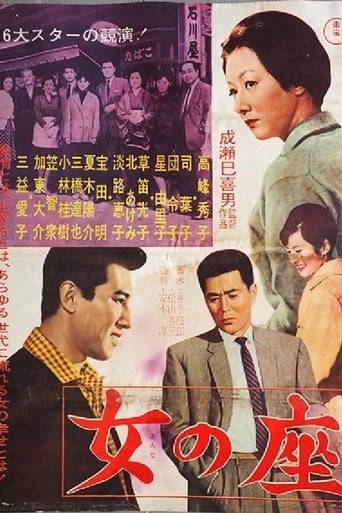
7.5/10
Drama about the lives of the five daughters and daughter-in-law of a store owner.
